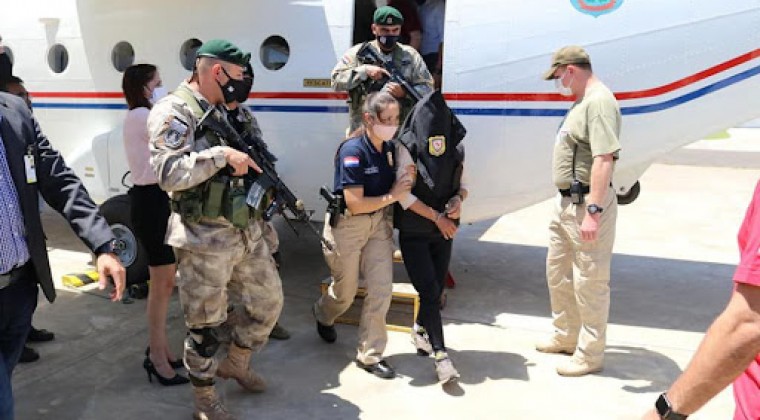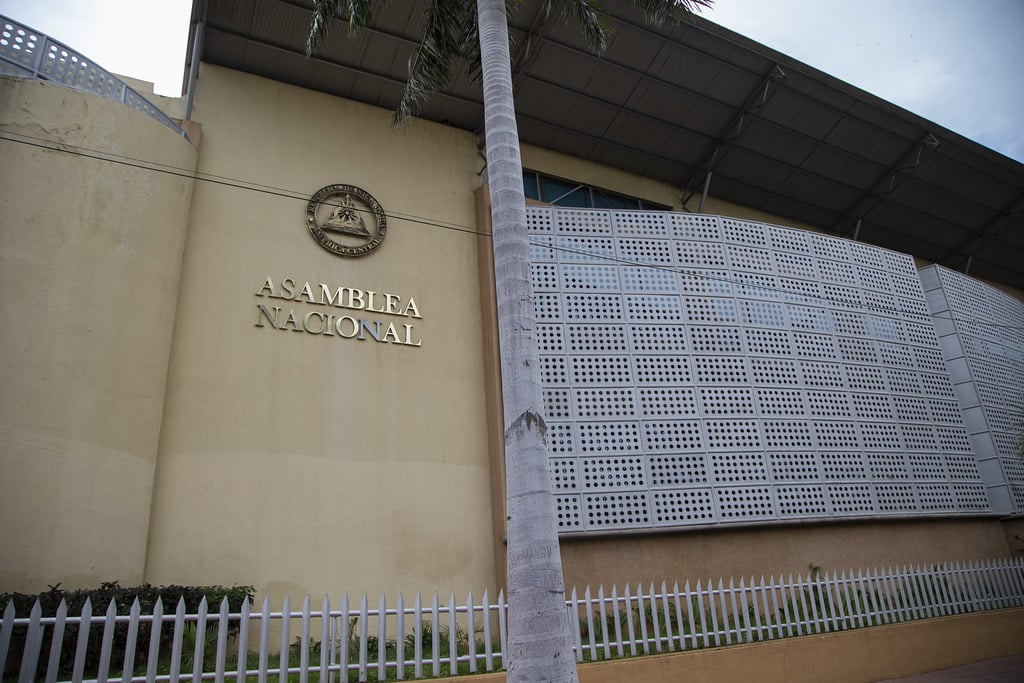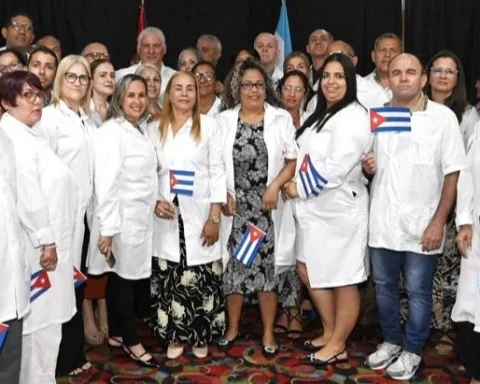A total of 15 dogs that make up the Agricultural Canine Quarantine Unit (UCA) of the Ministry of Agricultural Development (MIDA), located at the Tocumen airport, are vigilant to detect products and by-products of animal and plant origin that could put at risk the phytosanitary and zoosanitary heritage of the country
This was announced by Mario Chan, master canine instructor at the UCA, who explained that this Unit’s function is to carry out non-intrusive inspections at the quarantine control posts with the greatest influence at the Tocumen International Airport and at border posts such as Paso Canoas.
Chan revealed that they currently have 15 dogs, of which 11 are operational and two are in the border sector with Costa Rica in Paso Canoas, and 4 are in the process of training.
Chan’s explanation was given to a delegation of directors and heads of agricultural quarantine from the nine countries that make up the region of the International Regional Organization for Agricultural Health (OIRSA), who made a visit to the UCA facilities.
Chan emphasized that the medium-term projection is to be able to extend to other checkpoints to have a greater presence and inspection of products that can enter the country and that put the country’s agricultural heritage at risk.
The General Director of Quarantine Services of OIRSA, Raúl Rodas, said that Panama is a pioneer country in the field of training canine pairs, as well as Mexico, which was the first country to start this activity and now Panama has its own school and it is forming binomials, supporting the countries of the rest of the region that are members of OIRSA and hence the strategic importance of this School in Panama.
He added that they were proud as OIRSA to have the support of the Executive Directorate of Agricultural Quarantine (DECA) of MIDA in this important activity to strengthen agricultural health services throughout the region of OIRSA member countries. .
Jesús Martínez, from the Dominican Republic, said he was impressed by the progress that Panama has made with the canine school, and that he with a long history of working in quarantine knows the effort that is made to reach this stage of progress and that they hope that Panama will continue to support other countries in the region.
He added that they have two canine units, through a training of technicians that took place here in Panama and that they have the projection of a space for five more units because the Dominican Republic now with the issue of African Swine Fever (ASF) seeks to provide most of the neuralgic areas with canine units.











